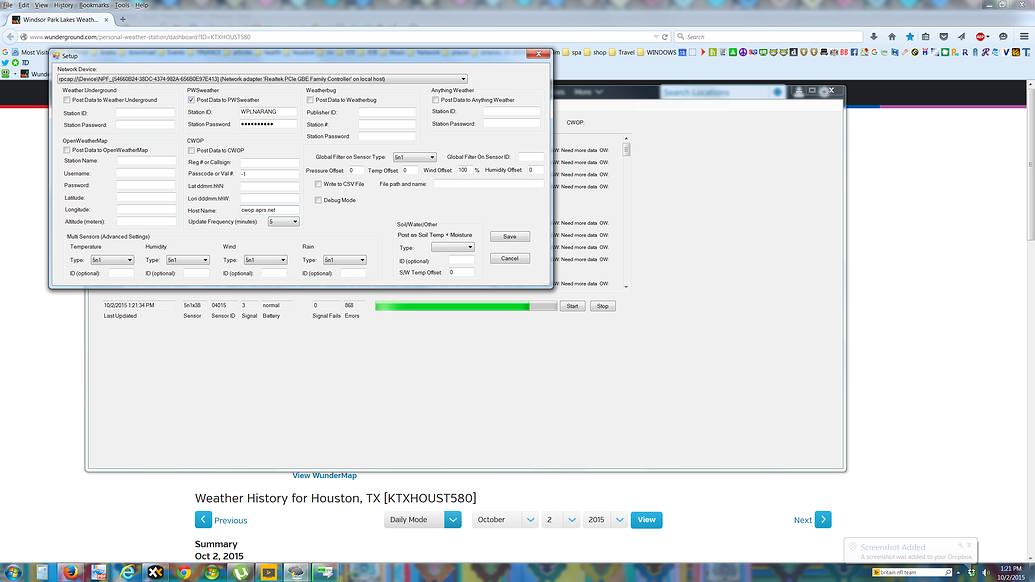
# $ vis NA, NA, NA, NA, NA, NA, NA, NA, NA, NA, NA, NA, N. This will create four dataframes of weather data.

A way to bypass the 10 calls limitation is to simply brake the start date and end dates into chunks of 10 days. In the project I am working on, I will be needing a full month’s weather data. Should you require a date range of more than 10 days, the execution of the code will halt for 1 minute- and then continue fetching more data. You can see that the history_range makes 3 different calls to the API, one for each day. With history_range you get hourly weather data for a specified date rangeĪssuming a date range between Aug 1st and Aug 3rd 201: range_of_weather_data We get weather data including temperature, humidity, wind speed etc. # heat_index, precip, precip_rate, precip_total , with 13 more variables: pressure, wind_chill ,

set_api_key("put_your_own_api_key_here") #API key in weather underground page

Next, you can save the weather station ID into an object my_weather_station for quickly referencing it. Set the API key using the set_api_key function from the rwundergound library. First, load the nescessary libraries library(rwunderground) #for the Weather Underground API # Warning: package 'rwunderground' was built under R version 3.4.3 library(dplyr) #for data manipulation


 0 kommentar(er)
0 kommentar(er)
